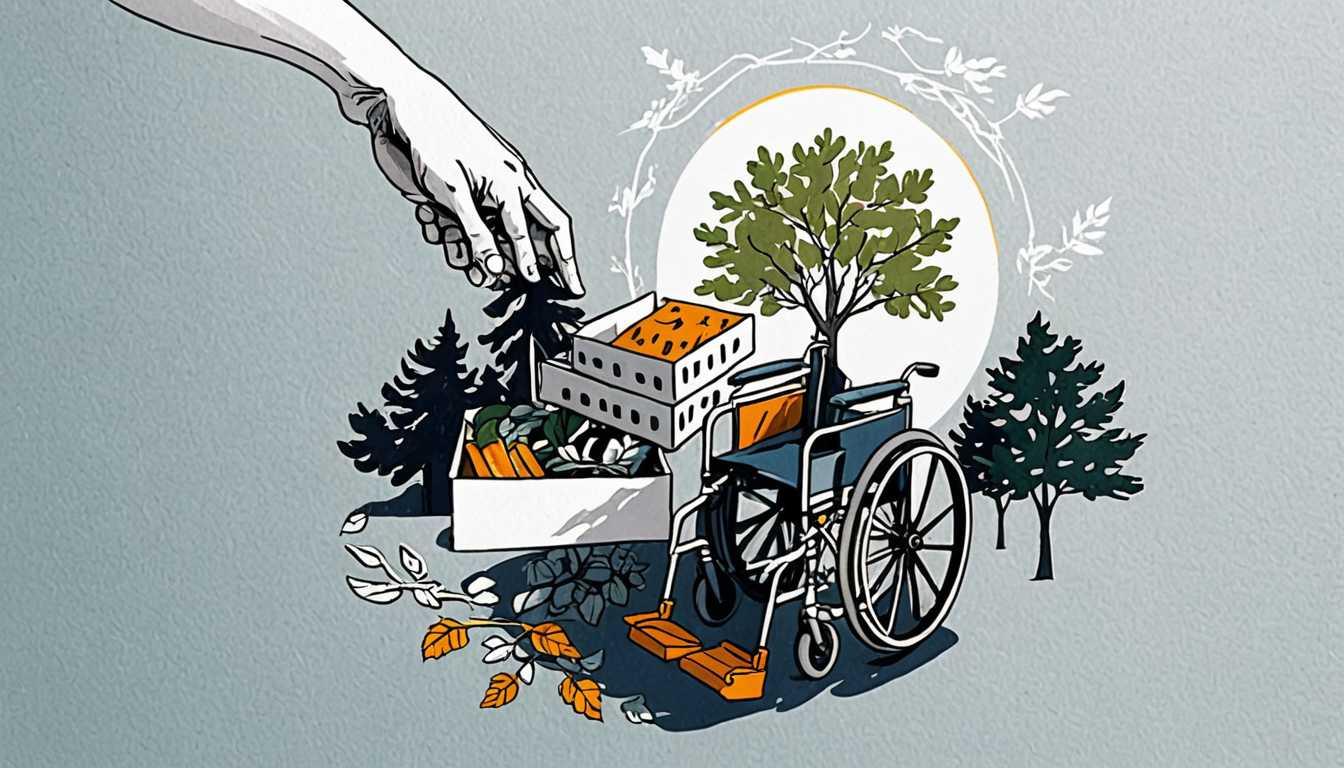Tiny Gene, Big Impact: A Genetic Breakthrough
June 2024
University of Bristol
Introduction
Hey there, future geniuses! Did you know that researchers at the University of Bristol and Icahn School of Medicine just uncovered a sneaky little gene causing intellectual disabilities for tens of thousands? This tiny non-coding gene, RNU4-2, is like the hidden star of the DNA show! It’s been hiding in plain sight, and thanks to some serious genetic detective work, families can finally get answers. Dive into this groundbreaking article from Nature Medicine and discover how science is changing lives!
READ FULL ARTICLEWhy It Matters
Discover how this topic shapes your world and future
Unlocking the Secrets of Our Genes
Understanding genetic disorders is crucial because they can affect people’s lives in profound ways. This recent discovery about mutations in a non-coding gene called RNU4-2 highlights a new perspective in genetics—showing that even genes that don’t produce proteins can have significant effects on development. With tens of thousands of people affected globally, this research opens up conversations about how we can better diagnose and treat neurodevelopmental disorders. For you, this topic might connect to your interests in biology, ethics, or even social issues surrounding disability. By learning about genetics, you're diving into a field that touches everything from medicine to technology, and it could inspire your future career or studies!
Speak like a Scholar
Neurodevelopmental Disorder
A type of condition that affects the development of the brain, leading to challenges in learning, behavior, and social skills.
Mutation
A change in a gene that can lead to differences in traits or characteristics, sometimes causing diseases or disorders.
Non-coding Gene
A part of DNA that does not create proteins but can still play important roles in regulating other genes.
Gene Splicing
A biological process where parts of genes are rearranged, allowing cells to produce different proteins or functions.
Whole-genome Sequencing
A method used to determine the complete DNA sequence of an organism’s genome, helping researchers identify genetic variations.
Diagnostic Odyssey
The long and often frustrating journey families go through to find a correct diagnosis for a medical condition.
Independent Research Ideas
The Role of Non-coding Genes in Human Development
Investigate how these genes function and their impact on various developmental processes. This could reveal new aspects of genetic research that are often overlooked.
Ethical Implications of Genetic Testing
Examine the ethical concerns surrounding genetic testing for neurodevelopmental disorders, including privacy issues and the potential for discrimination. This topic merges science with ethics, making it highly relevant today.
Comparative Analysis of Neurodevelopmental Disorders
Compare and contrast different genetic causes of neurodevelopmental disorders, focusing on both coding and non-coding genes. This approach can help you understand the complexity of genetics and its impact on health.
The Future of Genetic Therapies
Explore how emerging technologies in genetics might change the treatment landscape for neurodevelopmental disorders. This topic is exciting because it covers innovation and real-world applications of scientific research.
Cultural Perspectives on Disabilities
Investigate how different cultures understand and treat neurodevelopmental disabilities. This research can provide insights into the social dynamics surrounding disability and the importance of inclusivity.
Related Articles

Sleep: The Secret to Unlimited Learning!
August 2024
Cornell News Highlights

Fighting Cholera: The Phage Revolution Begins
May 2024
McGill University

Tech Transformations for Spinal Cord Recovery
May 2024
MIT Technology Review

Opal's Journey: Hearing the Unheard
May 2024
University of Cambridge

Estrogen and Binge Drinking: What’s the Link?
January 2025
Cornell News Highlights